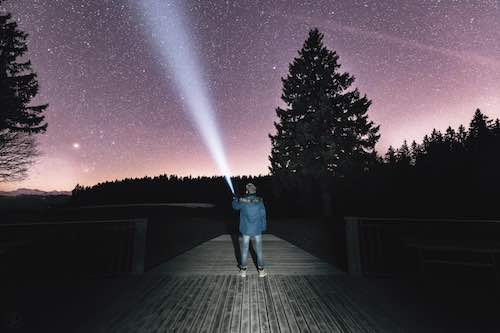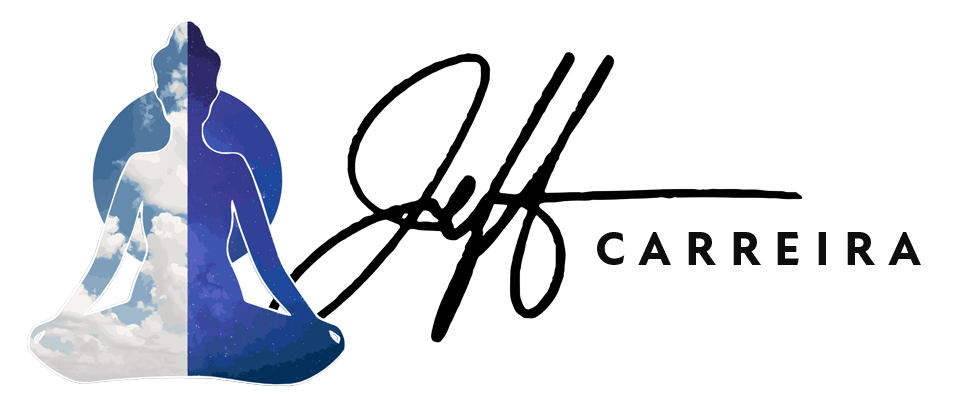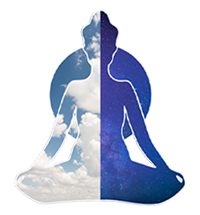
In 1825 Samuel Taylor Coleridge published “Aids to Reflection” and put forth his answer to the question of whether we are stuff that got smart, or smarts that grew stuff, by proposing that there are actually two sources of human intelligence, one representing each. Understanding and reason.
Coleridge in what has been described as a misreading of Immanuel Kant’s Critique of Pure Reason identified two distinctly different kinds of consciousness or knowing.
Coleridge refers to one of these as ‘understanding.’ According to him understanding is “an abstraction which the human mind forms by reflecting on its own thoughts and forms of thinking.” This knowing is a natural product of the process of mind and it is bound up in, and limited by, language. He also asserted that it is a process that requires no “self” to enact. It is a natural process of the lawful interaction of mental elements, a simple unfolding of the characteristics of the mind in nature.
The other form of knowing Coleridge calls ‘reason.’ Reason is a direct product of the reasoning faculty. It is an “accident” of reason. His use of the word accident is not typical these days. What he means by describing reason as accidental is that it appears spontaneously without warning or precursor. Reason is spontaneous knowing. It is not an understanding that is constructed through any thought process. It is the direct and self-authenticating recognition of truth.
The other element implied in the word accident is that it is unavoidable. The direct knowing of truth happens spontaneously and also compulsively. The reasoning faculty is ‘knowing’ itself. It is not a process that leads to knowing. This implies that there is some part of us that simply knows the truth and cannot help but know it.
To follow this notion further we could say that some things in reality force themselves upon us immediately. They appear spontaneously without provocation and they impress themselves upon our senses in ways that we cannot avoid. These things surely must be real. Direct sense impressions – smells, tastes, sensations, sounds and sights – simply appear in awareness. We don’t call them into being and we cannot alter or avoid the way they present themselves. Ideas and intuitions also – upon their initial appearance – share the same unalterable immediacy of presence.
The world presents itself to us through a series of spontaneous, immediate and unalterable first impressions. At its core – before we can do anything about it – our experience emerges as an unending parade of first impressions – a relentless succession of pure experiences.
American Transcendentalism and Pragmatism both recognize the profound significance of the fact that our experience of knowing comes in two distinct forms. and we are left with is that there are two kinds of knowing – experience and understanding.
Experience is the knowing-of-things that appears to our senses simply as what is there without us doing anything. It is immediately and directly present to awareness with no mediating activity. Because it is immediate it cannot be denied. I can see a ghost in the attic and I can deny that it is a ghost – but I cannot reasonably deny that I saw something that seemed like a ghost. We can only deny our interpretation of experience, not the fact of having it.
Understanding is the knowing-about-things that comes to us in the form of the inner language of thought. Did you ever wake up from sleep and not remember where you were? For a few seconds you are disoriented. You are experiencing the room around you, but you do not have access to any understanding about it yet. Eventually you remember where you are and suddenly you understand that you are spending a weekend with your family. You remember that down the hall there is a staircase that will take you to the main floor of the house and that your brother is sleeping in a room across the hall. Your experience ‘of’ the room is now completed with an understanding ‘about’ the room.


